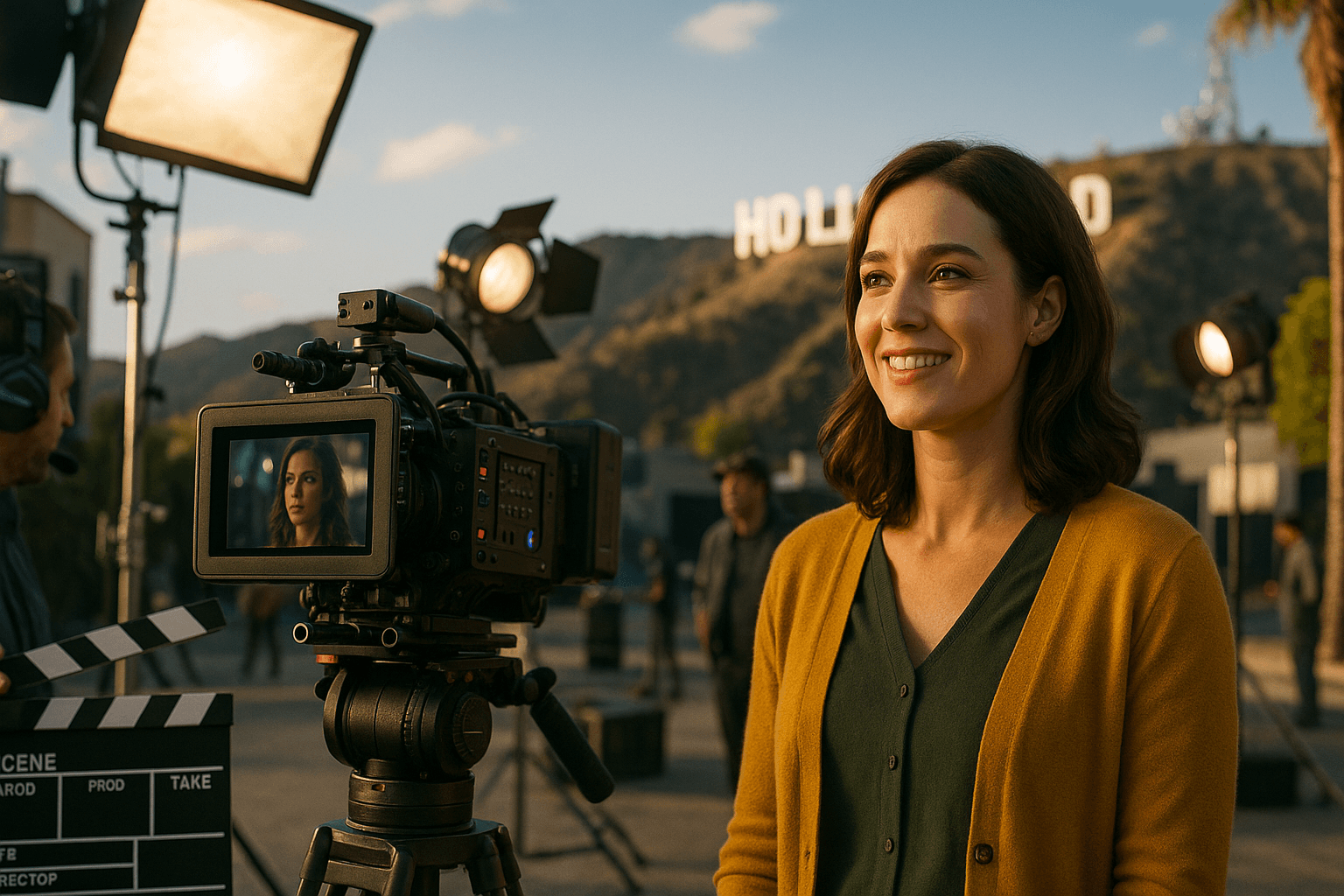On May 26, 2025, Google took an unexpected step toward reshaping the global conversation around artificial intelligence—not through code or hardware, but through cinema. In partnership with Range Media Partners, the tech giant is funding a slate of short films, including Sweetwater and Lucid, crafted to portray AI in a more empathetic, hopeful light. At a time when fears of surveillance, job loss, and synthetic voices dominate public discourse, Google is betting that storytelling might succeed where whitepapers have failed.
The move is strategic and cultural. Over the past decade, AI has largely been cast as the villain in popular media, from rogue robots to existential threats. While those narratives are compelling, they rarely reflect the more nuanced reality of AI’s role in healthcare, education, sustainability, and creativity. Google’s new film initiative seeks to flip the script—both literally and figuratively—by focusing on human-machine collaboration, emotional intelligence, and the transformative potential of ethical AI.
Projects like Sweetwater explore how AI might aid memory restoration in patients with degenerative diseases, while Lucid centers on an artist who uses AI not to replace creativity, but to reignite it. These aren’t cautionary tales; they are speculative glimpses into a future where machines extend rather than diminish our humanity. Google hopes these stories will act as a cultural reset, encouraging viewers to see AI as a mirror of our intentions rather than a force beyond control.
